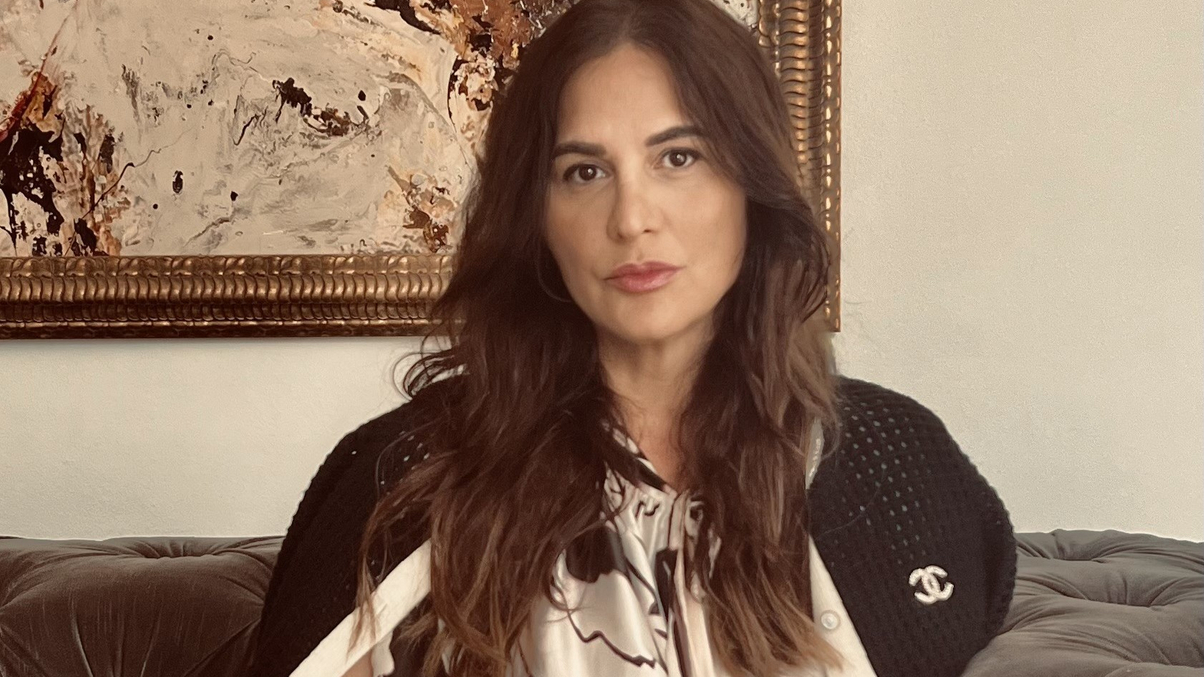Family office PCH seeks focused risk amid private debt ‘red flags’
The head of the Singapore investment manager for Italy’s Spinola clan reveals how it is working with external partners and what concerns her about the alternative credit market.

The Asian investment office for Italy’s 900-year-old Spinola family is taking measures to navigate potential turbulence in private markets and geopolitics.
Sign in to read on!
Registered users get 2 free articles in 30 days.
Subscribers have full unlimited access to AsianInvestor
Not signed up? New users get 2 free articles per month, plus a 7-day unlimited free trial.
¬ Haymarket Media Limited. All rights reserved.


